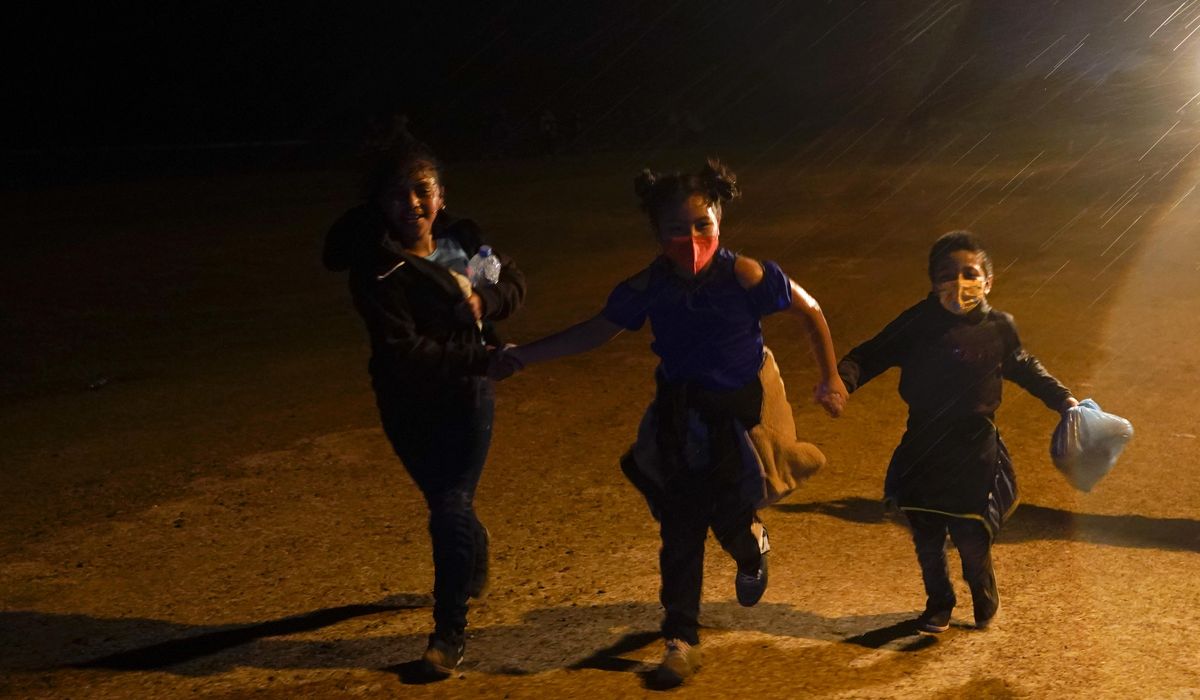
Homeland Security Secretary Alejandro Mayorkas on Tuesday officially nixed the Trump policy that allowed illegal immigrants to be pushed back across the southwestern border into Mexico immediately, a tactic that helped solve the previous border surge.
Even though the Biden team is facing a new surge at the border, Mr. Mayorkas said the policy won’t be needed anymore. He said the program, officially known as the Migrant Protection Protocols, showed “mixed effectiveness” over its lifespan.
Border Patrol agents and law enforcement along the border dispute that characterization, saying MPP was critical to denying illegal immigrants a foothold in the U.S., removing the incentive that spurred most of them to come in the first place.
And some immigration analysts said the high in absentia rate of MPP participants is due to them realizing they had bogus claims that they would lose anyway — exactly what the Trump administration had intended.
Rep. John Katko, the top Republican on the House Homeland Security Committee, called the end of MPP “another signal that the U.S. borders are open to illegal immigration.”
“Once again, the Biden administration has forced our frontline border security professionals to manage the mess it made with no choice but to catch-and-release tens of thousands of migrants into the interior of our country,” the New York lawmaker said.
The program’s critics, though, pointed to reports of migrants who were targeted for kidnapping and abuse when they were returned to Mexico.
The program had been effectively shut down as of the start of the Biden administration, with no new MPP enrollees allowed, though it remained on the books as an option.
Immigrant-rights activists cheered Tuesday’s decision.
Krish O’Mara Vignarajah, president and CEO of Lutheran Immigration and Refugee Service, called it “a monumental step forward in erasing the stain of this immoral policy.”
“Approximately 70,000 asylum seekers were cruelly forced to wait in dangerous conditions for their chance at protection, oftentimes for years on end,” she said. “Migrant families and children have been exploited, kidnapped, sexually assaulted, and murdered as a direct result of this shameful, inhumane policy.”
The released migrants are supposed to show up for an eventual immigration court hearing years in the future, though they often fail to appear.
In early 2019, Homeland Security began to put the policy into action but it didn’t ramp up until later that summer, amid the last massive border surge.
